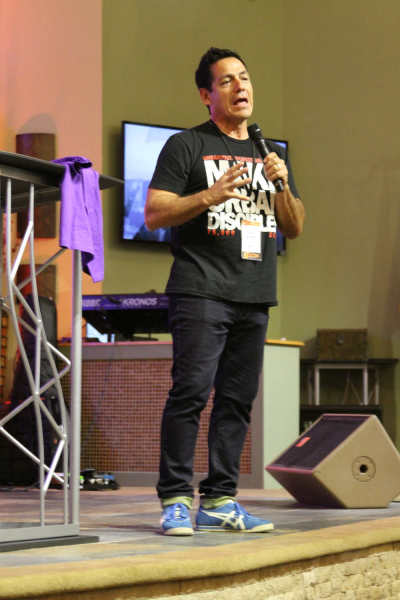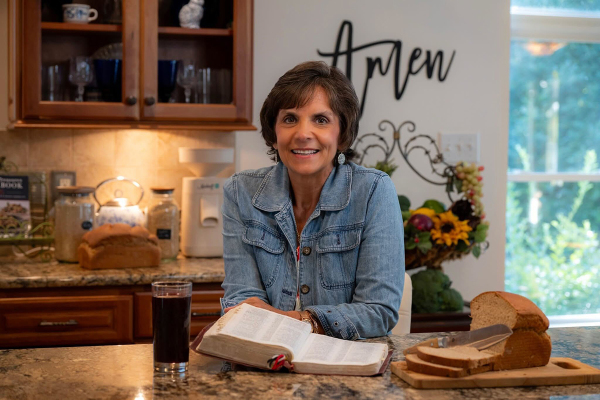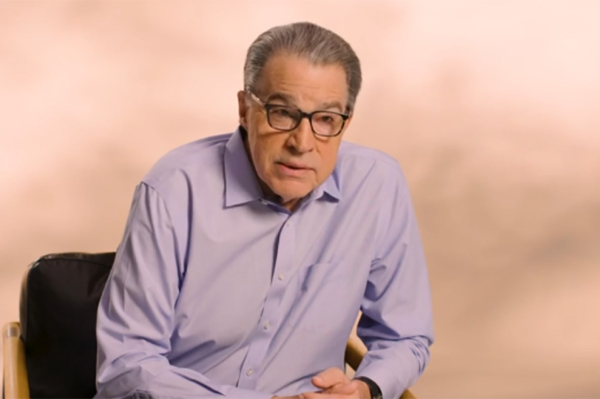Churches Need to Get With the Times and Invest in Urban Youth Workers, Says Larry Acosta
CP: Do you see any disparities between white and suburban ministry workers and minority ministry workers when it comes to getting access to resources and support?

Acosta: I'll say it this way. I feel what I've seen in our ethnic churches, too often we undervalue youth ministry and we don't allow any kind of budgeted resources to youth and youth ministry. So that always breaks my heart, that we want to reach youth but we don't want to invest any money in it.
I just believe that in our cities. ... We have so many young people, I believe that even if they're part time, the youth pastor or youth worker should have resources and a budget and even if it's a small stipend, they need to be resourced. That's a key person to reaching the city.
There are so many youth and children that are outside the four walls of the church.
I'm not saying that resources aren't there or accessible. I'm just saying I don't think they're appropriated correctly. In many of our ethnic churches, we're still doing youth ministry like it's always been done.
Forty years ago and even from some of the countries they came from, it always had to be a bi-vocational volunteer. That's on us. That's on our youth work, our churches and pastors not changing with the times, not looking at the demographics and saying, 'Youth ministry is more important than we've made it. We need to look at the demographics and the sheer number of young people and adjust our budget accordingly.' That's one thing.
The other thing on resources, I honestly think that an ethnic person that wants to get a seminary education or get trained in urban ministry, there [are] resources out there actually. There [are] a lot of institutions that want people of color in their schools. Yes, I do see the white churches. … To keep it real, they seem to be more intentional about putting more money behind youth ministry, education and things like that.
Granted, some churches that have means, meaning their church is in a more affluent area, the tithes and offerings generate more resources to hire more staff and do that, I get that. If you're planting a church among the poor, the tithes and offerings don't generate the same results. I get that. But, I still feel like the urban church can do better about reallocating resources. I don't think we should use that as an excuse, that we don't' have access. …"
CP: So at the end of the day, you think it's more about untapped resources?
Acosta: It's either untapped. … Sometimes we don't have a value for training and education, that's discipline. I'm the first one in my family as a Latino to go to college, to graduate from college. So I realize [to] some of our people it's not a priority or it's intimidating. I get it, but it's not an excuse. Today it's a new day, there are resources out there available.
CP: Any final thoughts?
Acosta: I just think that if we're gonna complete the Great Commission, we need to be more intentional about making disciples. We use the word 'discipleship' but very few people actually do discipleship and I feel like we need to ground kids and root kids in Jesus more intentionally.
We can't just expect that we're lecturing at kids on Sunday morning or [in] mid-week service and expecting kids to change. We need to break it down, we need to engage Scripture, have kids interact with us in a small group.
Discipleship is messy but it's that exchange where you're engaging Scripture but you're also talking about real life and the challenges and the temptation that are messing you up, you know. And when we start doing more holistic discipleship, I think we're gonna see more transformation.
One of the trends that we see globally is the sheer number of kids that, if they graduate from high school, and when they do, they often graduate from the Church. So many kids graduate into the club scene and they walk away from their faith. Why is that?
Well we've entertained kids, we taught them religion, church attendance, hooping and hollering, but we haven't necessarily connected them in a close relational way with Jesus through a discipleship relationship.
That kind of faith won't sustain us when you turn 18 and you're into college. You don't have enough depth to stay true to your higher calling as a Christ-follower and you cave in when temptation comes your way. That burdens my heart, so I'd like to see us make more urban disciples in the city.





















